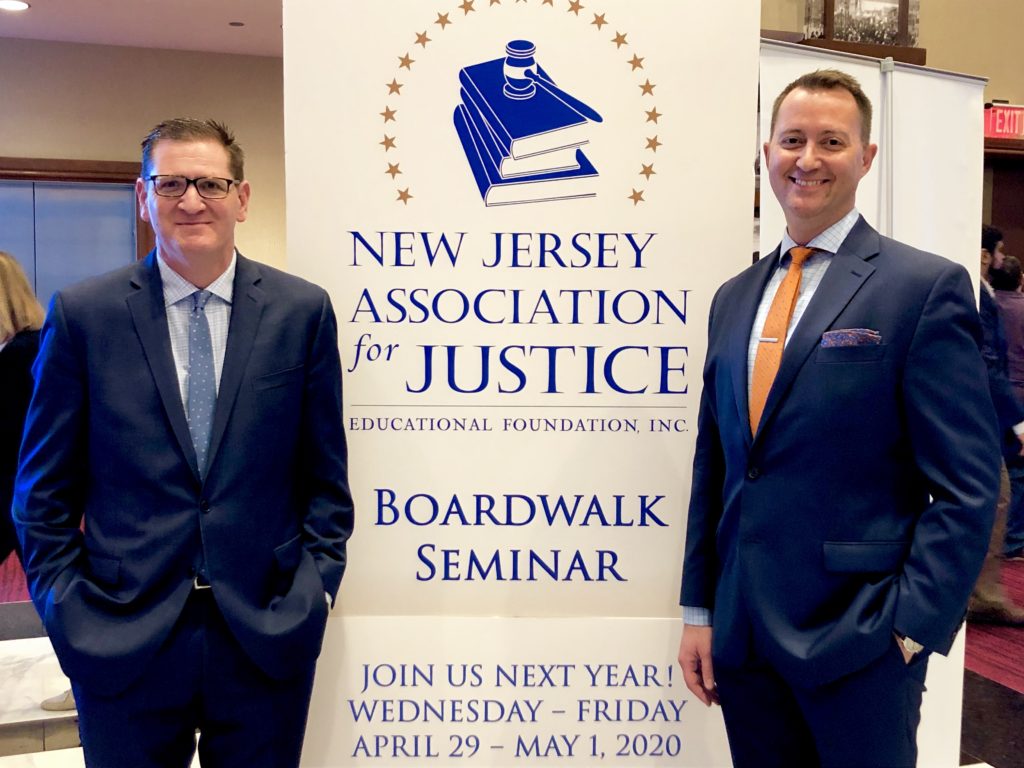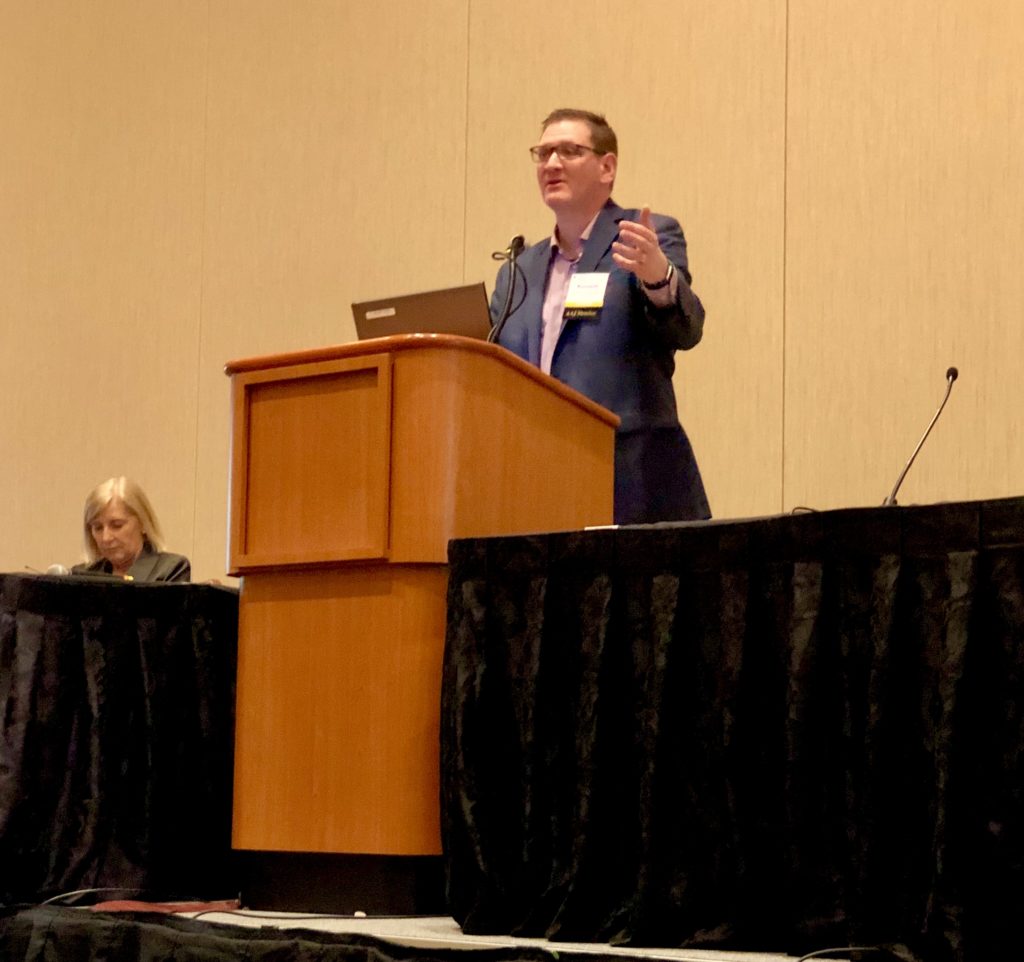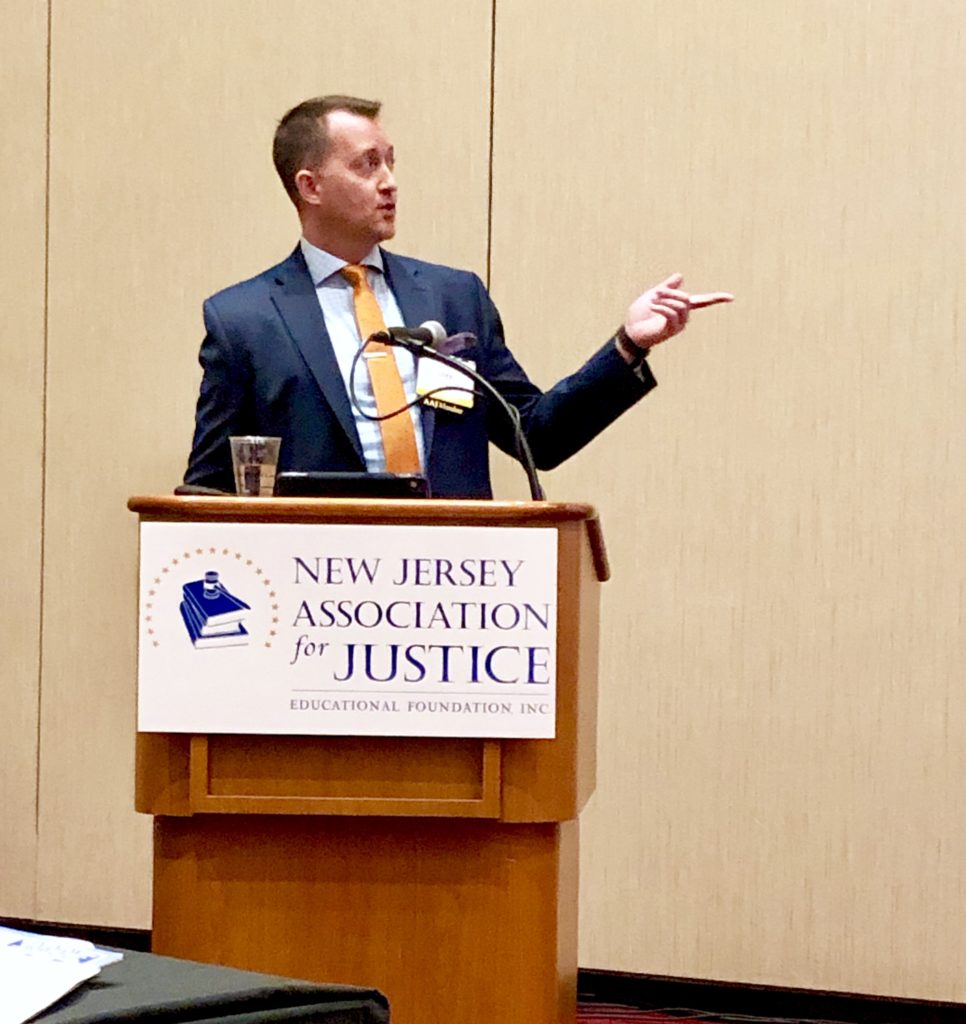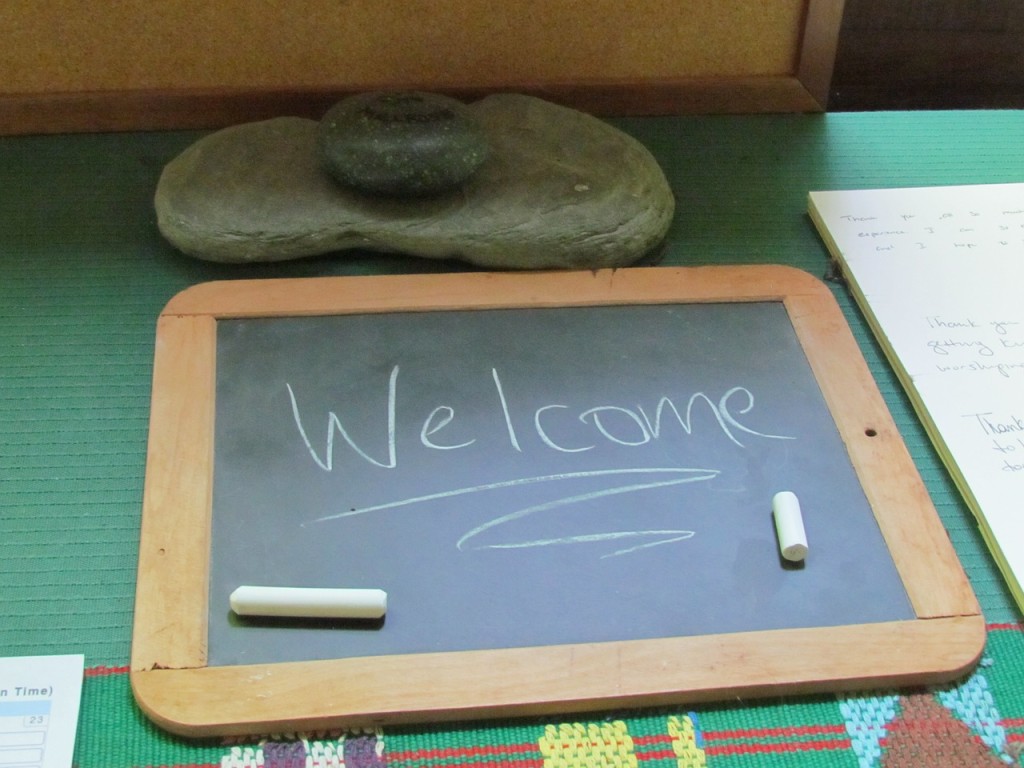
Ken and Jay recently spoke at the New Jersey Association for Justice’s2019 Boardwalk Seminar. The seminar, held annually in Atlantic City, New Jersey, is consistently one of the largest educational gatherings of trial lawyers in the country, drawing over 2,000 attorneys. Ken and Jay, while always seeking to hone their skills by learning from some of the top trial lawyers in the nation, pride themselves in their commitment to speak at these seminars themselves.
“We really feel a responsibility to helping not only our clients, but all the people affected by the carelessness of others. With that, Jay and I try to help teach other lawyers whenever we have the opportunity,” said Ken.
Trying the Truck Case
Ken first presented at the “Trucking 2019: Big Rigs, Big Wrecks” session. He stressed how important it is for lawyers representing individuals and families in truck crash cases to realize the differences between trucking cases and automobile cases. One of the initial reasons, is the injuries tend to be more catastrophic given the typical tractor-trailer on the highway weighs roughly 40 times as much as a standard sedan. Ken highlighted the importance of helping clients navigate the often difficult medical path ahead of them.
Ken also stressed that truckers are professional drivers, usually working for large, sophisticated corporations. These drivers and truck companies are regulated by well-established federal safety rules, put in place to protect everyone on the roadways. In that vein, he spoke about the importance of educating judges and juries on those rules and the differences between “regular” drivers and professional drivers. For example, in hazardous weather conditions, professional truck drivers are required to not only exhibit “extreme caution,” but they are not allowed to drive once the weather becomes unsafe.

How to Handle Difficult Client Issues
Ken’s second presentation at the seminar was at during the “Intake to Verdict: Maximizing Your Client’s Claim” session. Ken quickly set the stage by clarifying that “difficult client issues” did notmean “hard to deal with.”
“Every client has challenges that we, as lawyers, have to be sensitive to,” Ken explained. Some clients are vulnerable, whether due to age, injuries, or any of a myriad of factors. Ken continued, “Our clients often have complex needs when they come to us: they’re overwhelmed with medical bills, they’ve lost income because they can’t work, or the family may need help navigating the probate system after a death.” Specifically pertaining to medical issues, Ken stressed the role lawyers play in helping clients find the right medical specialist, sorting out health insurance issues, and even guiding them through the often long and arduous road to recovery ahead of them.
“First and foremost, we must always remember that while we are experienced veterans of the litigation process and the court system, this is a new and frightening experience for the people we represent. We are here to help – and that extends beyond just ‘winning the case,’” Ken concluded.

Case Management Systems: Choosing the Right One, Maximizing Their Use and Automating Your Practice
At the “Technology for Litigators” session, Jay discussed the many options lawyers have for case management systems. He walked through the criteria that should be used to help choose the right CMS, but also how to leverage its various functions to improve efficiency and productivity at the law firm. Jay was able to utilize his trials and tribulations as managing partner of Levinson and Stefani Injury Lawyers for the past five years. He provided numerous examples of what works, what doesn’t work, and how each firm and attorney may have different needs and wants.
“As trial lawyers, we are always focused on serving our clients and getting the best results we can. Sometimes, though, it’s easy to forget that part of that is running an efficient office – and in doing so, we can better help our clients,” Jay said. The presentation included topics such as building checklists and processes into the CMS, as well as using document generation to more quickly push cases against insurance companies and their corporate lawyers.
Ken and Jay are always thrilled to help whenever they can. If you have a seminar where either of them could be of assistance, please do not hesitate to reach out!
